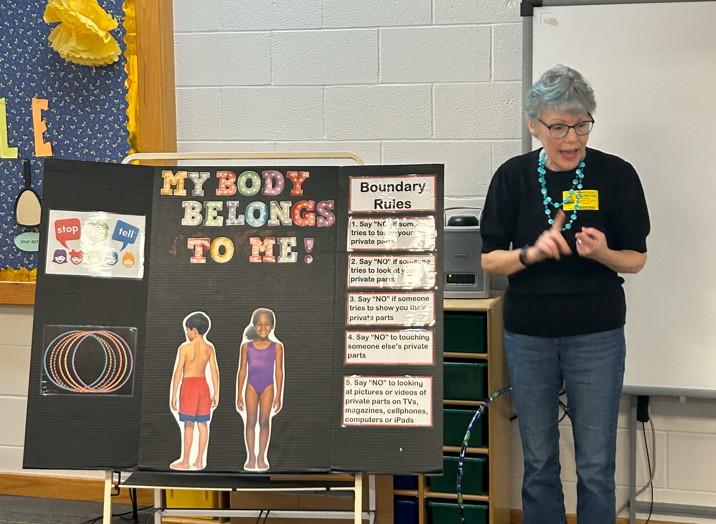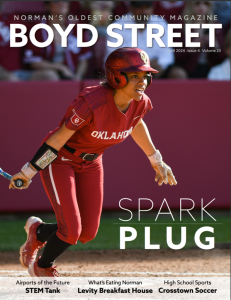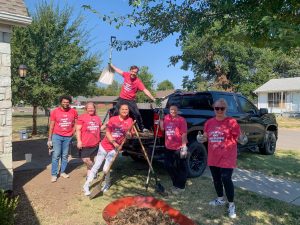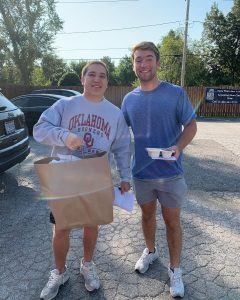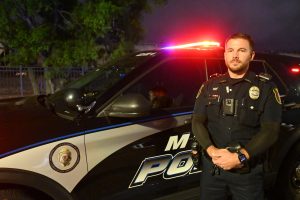“Bethesda’s goal is truly to reshape the narrative surrounding things like childhood sexual abuse but also emotions and boundaries.” – Julie Sisler
Julie Sisler wanted to do more than just analyze society’s problems.
She wanted to help solve them.
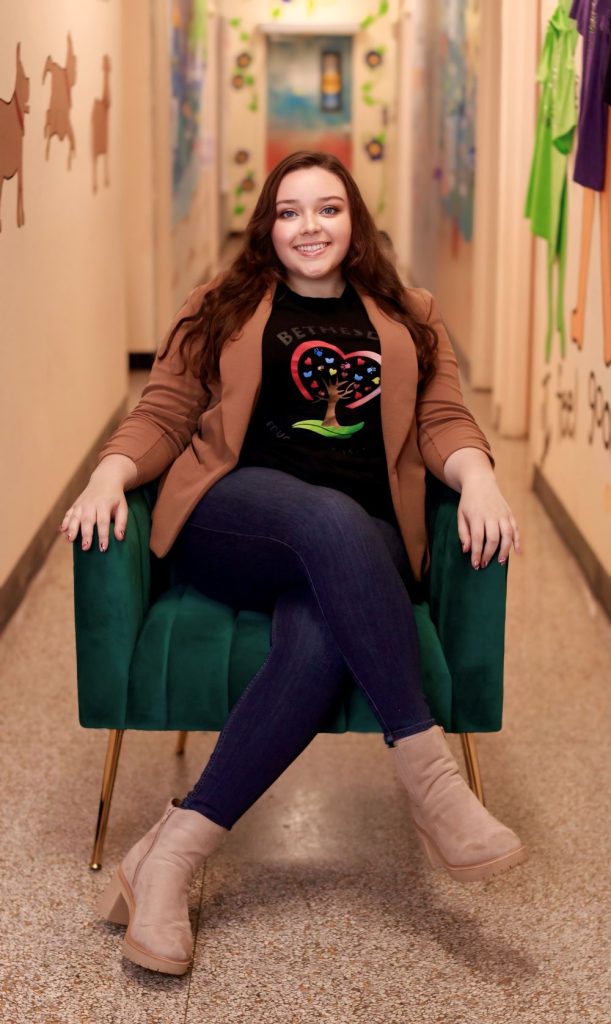
So, Sisler, a first-year doctoral candidate at OU on track to become a university professor and researcher, shifted gears.
“I realized that I really had more of a passion for not just researching the problems … but finding organizations that are doing meaningful work towards addressing those problems,” she said.
Sisler’s search led her to Bethesda, a Norman nonprofit that treats and prevents child sexual abuse.
She took a job as office manager in April of 2023 and in less than a year rose to the role of executive director.
“I just realized that this is exactly what I want to do every day of my life,” she said. “So, I have been absolutely fortunate to have the opportunity to stick around.”
Bethesda is the only center in Oklahoma dedicated exclusively to addressing child sexual abuse, providing free trauma-informed therapy to survivors between the ages of 3 and 18 and to non-offending family members.
“Connecting with them, making sure that they have a safe and welcoming, nurturing environment is absolutely critical to their ability to make progress through not just their treatment plan but their healing journey,” Sisler said.
Referrals come from the Oklahoma Department of Human Services, law enforcement, pediatricians and other mental health professionals.
Self-referrals are accepted, but clients must provide a reported disclosure of sexual abuse, Sisler said.
In January, Sisler said that Bethesda’s clinical program treated 151 children and 60 caregivers.
The center also offers an education program that provides age-appropriate personal boundary education. “Stop, Go, Tell” is a safety program that teaches children how to respond if they feel unsafe and empowers them to identify and report potentially abusive situations.
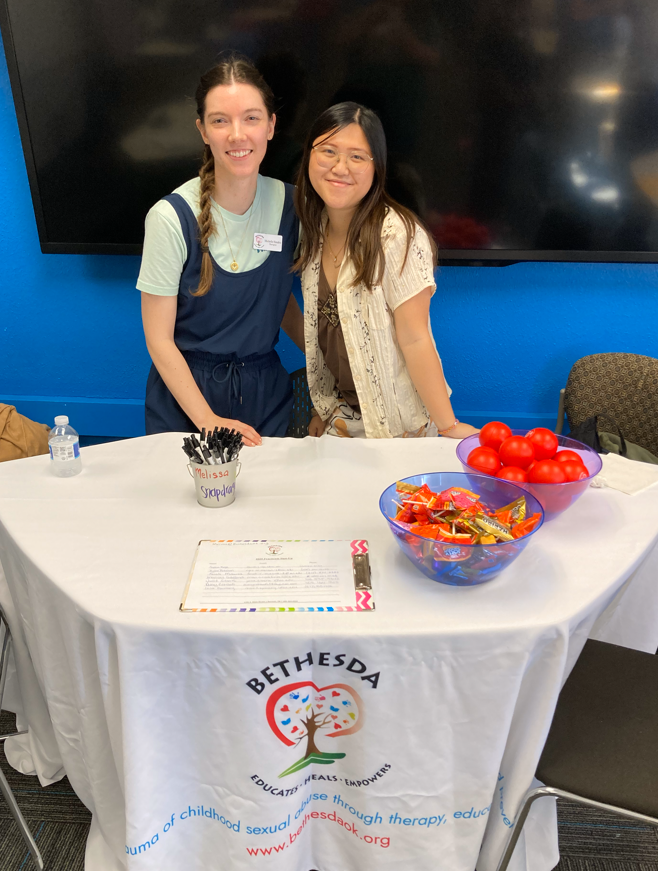
The center partners with Norman Public Schools and community agencies around the state to deliver abuse prevention programming.
Sisler oversees an education director and an education coordinator along with four college interns working to complete their field hours.
She could use more.
“While we still have this pretty small team, this year we’ve already had two record-breaking months in terms of students that have been served,” she said.
In January, Bethesda delivered the “Stop, Go, Tell” presentation to more than 4,000 children in school districts, churches and community organizations across Oklahoma.
In 2024, Bethesda served individuals from 58 counties through its educational and clinical programs.
“We’re located right here in Norman; we love to consider Norman as being our hometown, this is where we want to be,” she said. “But we are the only place in the state that provides these specialized services.
“And so, we travel. For the clinical program, we do everything we can to get the clients here to us. We try to make everything that we do as accessible as possible to the whole state.”
Bethesda does so without charging clients, requiring private insurance or billing Sooner Care for services.
The center was once almost fully funded by a federal grant that has been cut by nearly 70% in recent years. Now Bethesda relies mainly on community support for funding, Sisler said.
“We never want to burden the families that we serve because the fact that they require our services should have never happened,” she said.
Sisler continues to work towards her Ph.D. in interpersonal communication and social influence at OU.
“I study the way that people communicate about taboo topics,” she said. “So, if it makes people uncomfortable, I want to know why.”
Sisler also teaches interpersonal communication and is director of the university’s public speaking course.
“Being passionate about what you do makes it so easy,” she said.
Sisler and her staff are working to change the public’s perception of sexual abuse.
“Bethesda’s goal is truly to reshape the narrative surrounding things like childhood sexual abuse but also emotions and boundaries,” she said. “These are things that are so integral to daily life and to the human experience, and they’re things that frankly, we’re not really encouraged to talk about or seek help for.
“I think the goal is that through this work that we do, both within Bethesda and the clinical program and then outside these walls through the education program, we are trying to destigmatize childhood sexual abuse so that survivors know that they can and should come forward, get help, get the support that they deserve.”
For more information or to schedule an appointment, contact Bethesda at 405-364-0333 or by email at bethesdaok.org. – BSM
By Tim Willert

